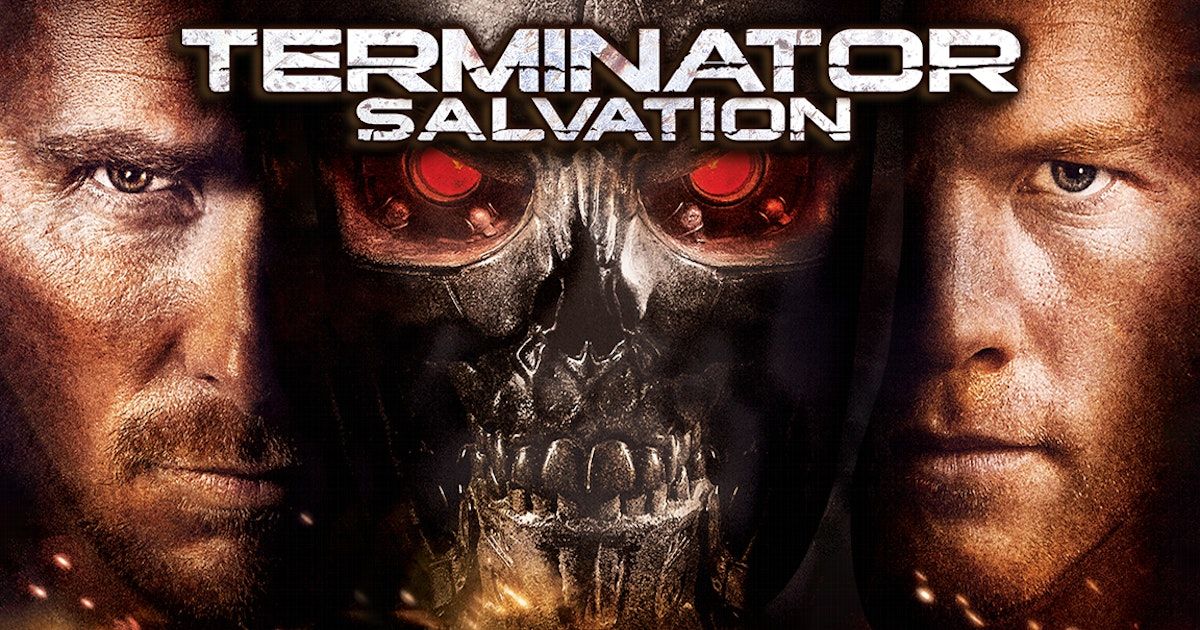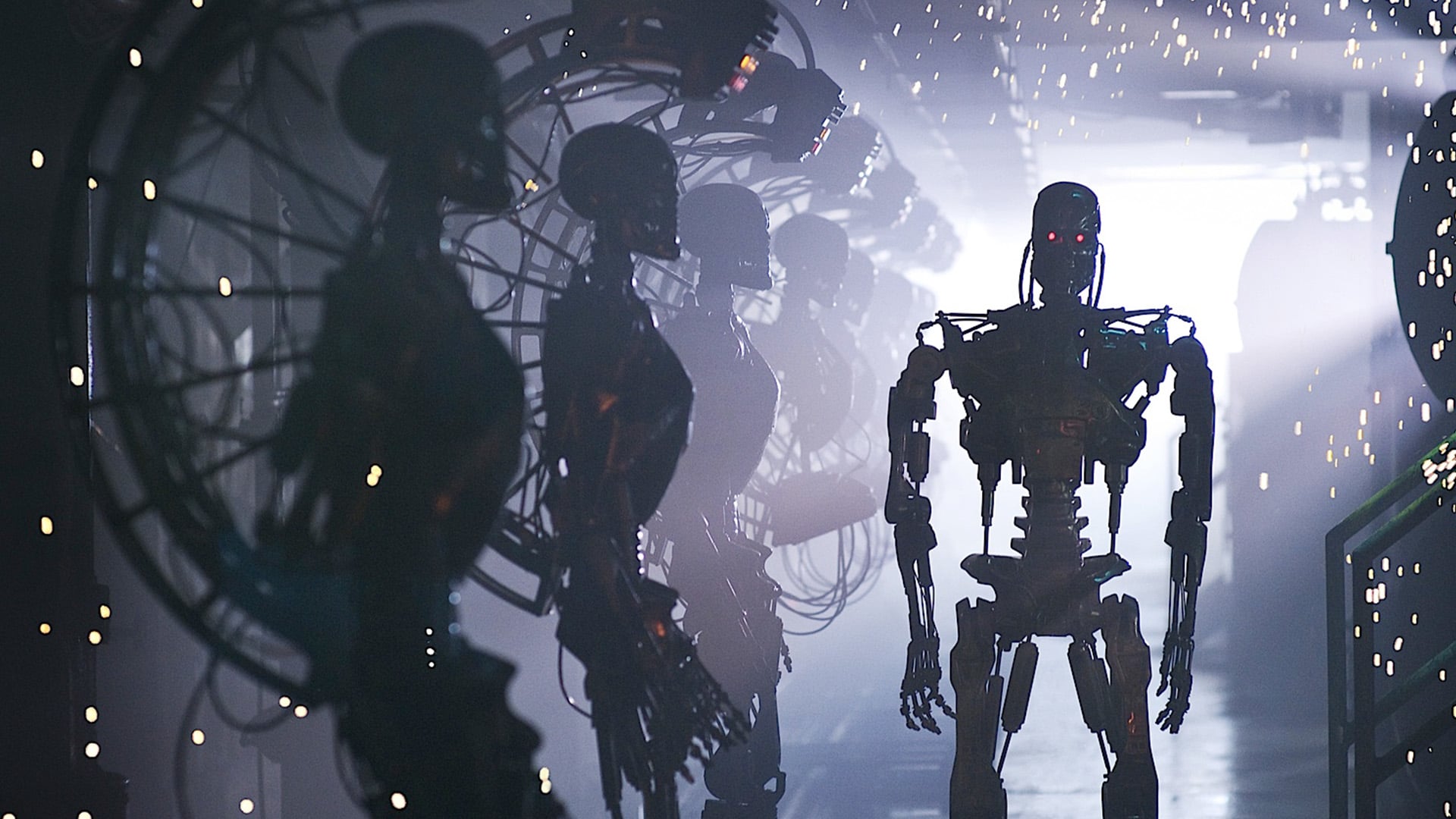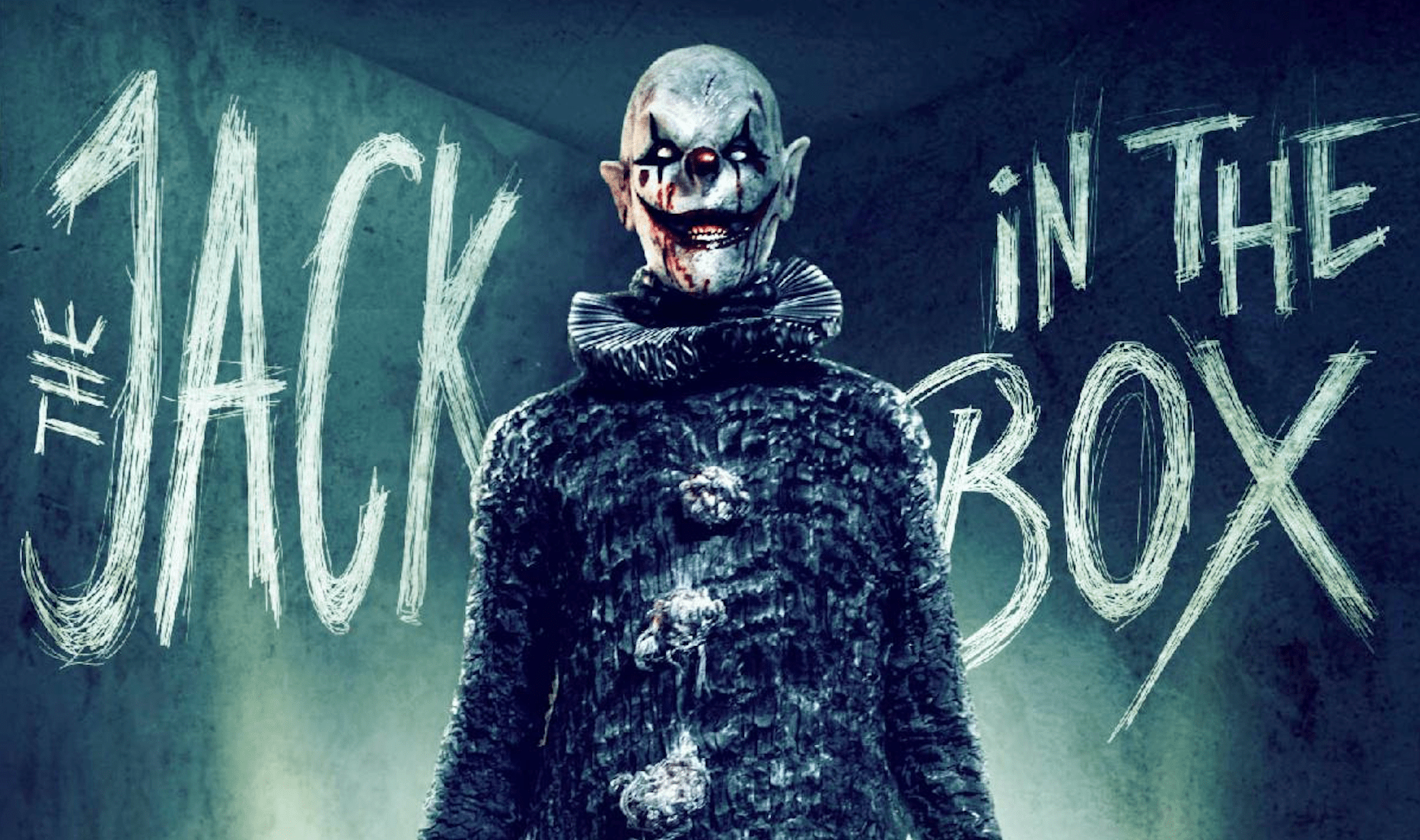
In 2009, director McG took the Terminator franchise in a bold new direction with Terminator Salvation, the fourth installment in the legendary sci-fi saga. Unlike its predecessors, which mixed time travel with present-day action, Salvation unfolds entirely in the post-apocalyptic future — the year 2018 — depicting humanity’s war against Skynet in full swing.
The film stars Christian Bale as a battle-hardened John Connor, the prophesied leader of the human resistance. But the true emotional core of the story lies with Marcus Wright (played by Sam Worthington), a death-row inmate who wakes up years later with no memory — and a dark secret: he's part machine, part man.
Gone are the noir shadows and stalker-horror elements of the original films. Terminator Salvation is a gritty war movie, soaked in ash, dust, and metal. The tone is bleak and militaristic, and the film opts for explosive set pieces over the slow-burn suspense that once defined the franchise.
While some fans appreciated this attempt to move the franchise forward, others were left divided. The film delivers on spectacle — including a harrowing helicopter crash filmed in a single shot, and a thrilling chase involving a giant Harvester Terminator — but it often feels emotionally distant compared to the character-driven narratives of T1 and T2.
The central question of Salvation is: What does it mean to be human? Marcus Wright embodies that question — torn between programmed loyalty to Skynet and genuine empathy for the humans around him. Sam Worthington’s performance brings needed nuance to a film otherwise dominated by Bale’s intense, sometimes cold, portrayal of Connor.

Supporting characters, like Moon Bloodgood’s resilient pilot Blair and Anton Yelchin’s young Kyle Reese, add depth and nod to the franchise's future-past connections. However, the film arguably underuses some of its most interesting ideas — particularly regarding the ethics of AI, identity, and redemption.
Terminator Salvation is a visually impressive but narratively uneven entry in the Terminator series. It deserves credit for trying something new — showing the war we had only glimpsed in flash-forwards — but it lacks the emotional impact and tight storytelling of James Cameron’s classics.
For fans of sci-fi war epics and post-apocalyptic aesthetics, it delivers enough action and lore to satisfy. For those looking for a return to the franchise’s psychological and philosophical roots, it falls a bit short.



